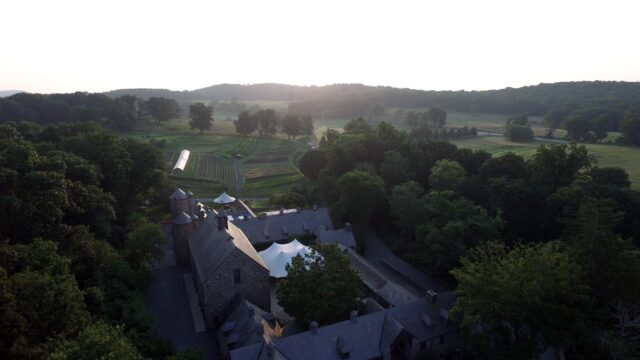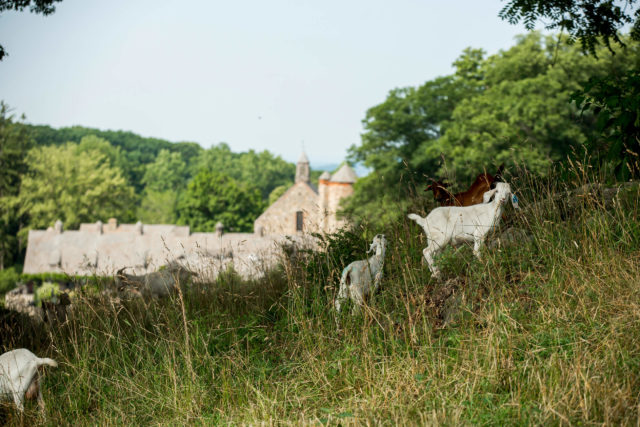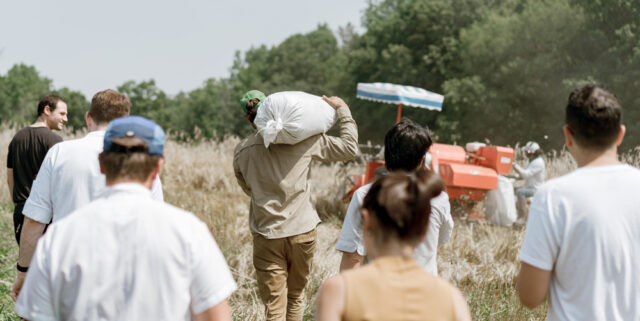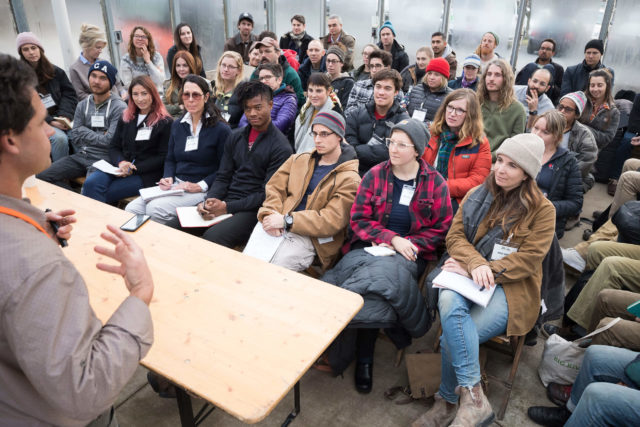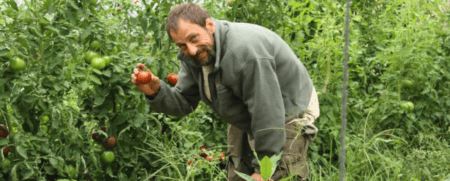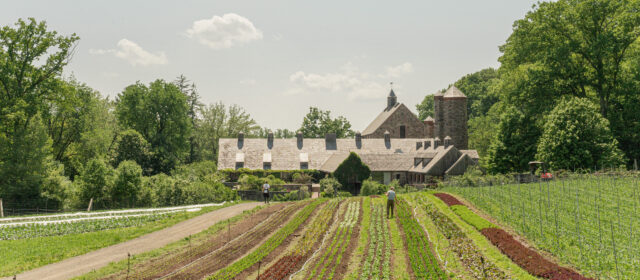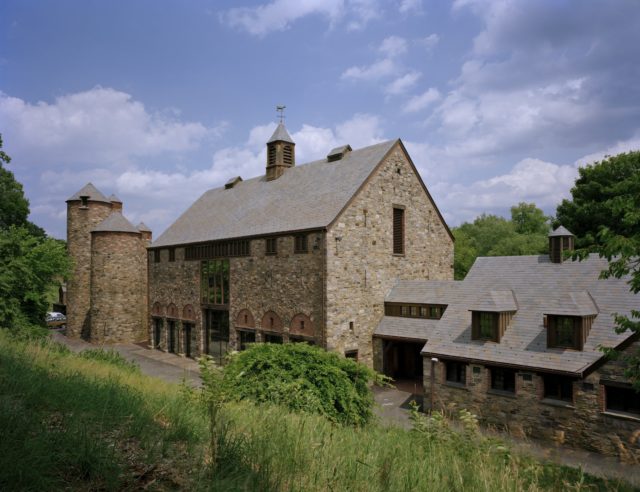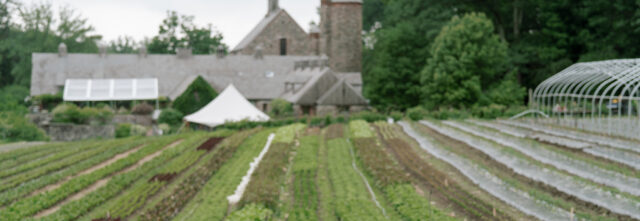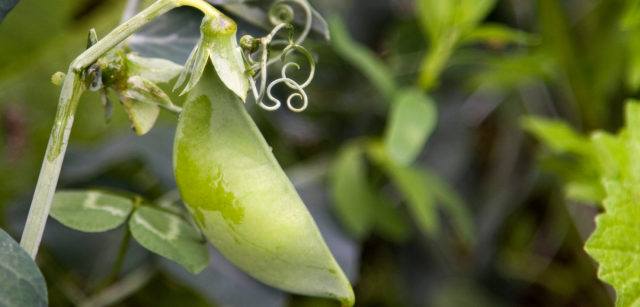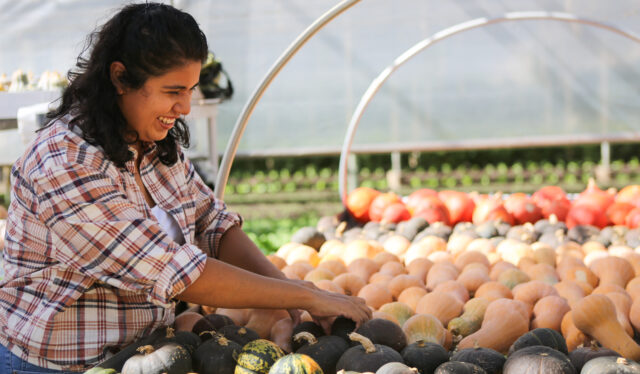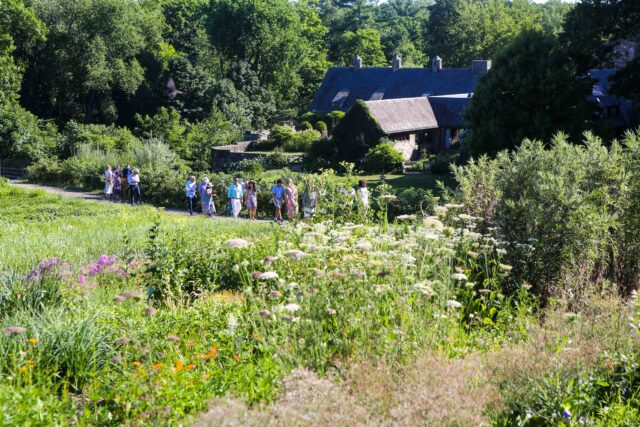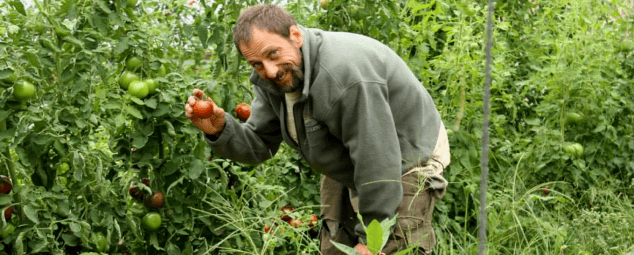D Acres
Josh Trought
Dorchester, NH
— SNAPSHOT QUESTIONS —
When did you start your farm?
Back to the lander relatives moved here in 1940s. I moved up with sister and cohorts in 1997 to live with 89 year old aunt.
What do you produce?
Individual and cooperative skills building, reduction of footprint experimentation, increased biologic diversity and abundance, rich soil and fertility as well as community events, food forest, native forest management, and artisan products for art and necessity.
How big is your farm?
We live on 200 acres deeded and intend to have a positive influence on the two watersheds we straddle.
Where is it?
Dorchester, NH on the cusp between the Baker River and Upper Connecticut Valley Watersheds.
What is your soil type and topography?
Glacial till, upland Appalachia hill farm.
Do you lease, rent or own your land?
Non-profit leases from family relatives.
What are your markets?
Local for community events, educational programs, and socio-economic vitalization schemes, international for educational programs and visitors.
— IN-DEPTH QUESTIONS —
What made you want to start your farm? What was your dream?
Lacked other viable option; farming is the answer. Our dream: Freedom, fresh air, connection with nature, roots and wings, familiar ties.
How were you involved in farming before you started your own farm?
Grew up in the heart of tobacco belt North Carolina as the culture of farming began its descent, in adult life traveled to several farms as laborer, came to D Acres when I was 25 years old.
How did you secure land and capital for your farm?
The land was purchased in 1942 for 900 dollars. My great aunt and uncle had deeded the land to my parents in the 1980s. My aunt died with money in the bank. I negotiated assets to be liquidated from inheritance for the purpose of farm development.
What problems did you run into in the planning stages?
Zoning, lack of knowledge and practical experience.
What did your farm look like in year one?
A disorganized backyard garden.
What were some challenges that you didn’t expect to have and how did you deal with them?
The weather is bitter cold for many months, the days are very short and you get sad … some take trips south, others try and get outside as much as possible despite the cold, eat right and stay positive.
What were some indicators in the beginning stages that made you optimistic for your farm’s success?
Every day has been a success, just undertaking the challenges of this project merits daily celebration and acknowledgment. Pat yourself on the back often. Also increased biologic diversity and improvements in soil health were apparent after a short time.
What have been some landmark events in your farm’s development? (equipment purchases, strategic decision, markets, etc.)
The first community event was a breakfast we were contracted to prepare for our mechanic who was hosting a group of out-of-towners going fourwheeling in the mud. While this may be a less than ideal conception, over the years we have hosted thousands for breakfast, exposing them to the location, food and philosophy at D Acres. Our first community potluck was an open house of the community building and we have continued hosting monthly events for over 15 years. Just coming onsite and opening the doors to the public is the landmark step. Everything that follows is adaptation and evolution of goals and principles: getting a team of oxen, using pigs for forest to field conversion, buying a wood chipper, dump truck and skid steer were biggie investments with dividends.
Was there a point when you felt your farm became “established?”
My aunt saw me driving our team of oxen and she was proud and happy.
How have your goals changed?
I don’t care if we ever sell produce retail offsite.
How have you been successful? (financial, production, quality of life, etc.)
Sharing with others and keeping afloat. Our goal is to perpetuate as an agricultural entity for the next 4,000 years. Also huge increases in biologic diversity and abundance onsite, growing fruit from sapling to heavy production trees.
Who or what can you credit for your successes?
Faith in fate, belief and trust of friends and family, hard work and long hours, providing service to others without the expectation of compensation.
What challenges does your farm face now and in the future?
Economic viability, providing service to the region in the face of severe socio-economic and environmental catastrophe.
Where do you see your farm in five years?
Continue to expand capacity as a farm based service organization, additional onsite infrastructure including four-season housing for long term residents.
What advice would you give to beginning farmers?
There are countless failures on the road to enlightenment. Use caution but be passionate, communicate and collaborate, be diverse and aim to improve the health and vitality of the landscape so that it nourishes the inhabitants.
More on D Acres:
http://www.dacres.org
Originally published on March 15, 2016



